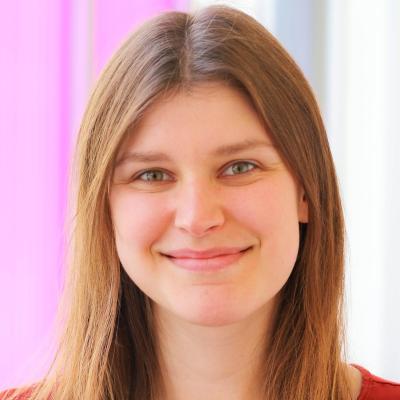Dr. Karoliina Tuomela is investigating ways to reduce the need for immunosuppressive drugs through adoptive cell therapy consisting of regulatory T cells (Tregs), a type of immune cell that suppresses immune responses.

Research topic
Research Description
Type 1 diabetes (T1D) is an autoimmune disease in which the immune system destroys insulin-producing cells in the pancreas. Insulin production can be restored by transplanting islets, which contain insulin-producing cells, either from healthy donors or made from stem cells. However, immunosuppressive drugs must be used to prevent rejection, but these leave patients vulnerable to cancer and infection. We are investigating ways to reduce the need for immunosuppressive drugs through adoptive cell therapy consisting of regulatory T cells (Tregs), a type of immune cell that suppresses immune responses. Treg therapy has been shown to be safe in clinical trials of T1D, but improvements to efficacy are needed. Therefore, my primary aim is to improve the function and metabolism of Tregs by optimising their cell culture medium. In addition, we are investigating the metabolic effects of chimeric antigen receptor activation in Tregs and the additive effects of differing culture media. In summary, we are working to improve the efficacy of adoptive Treg therapy in order to provide better treatment options for T1D.
Why did you decide to pursue a postdoctoral fellowship at UBC? Did you consider other opportunities?
After finishing my PhD, I knew that a postdoctoral fellowship would provide me with the training I needed to become an independent investigator. Pursuing postdoctoral training at UBC was an easy decision for me. I really couldn't argue with the combination of an excellent research community, a strong immunology program, and an incredible city. More than anything, however, it was the strong translational immunology program run by Megan Levings that solidified the decision. Her lab combines a solid understanding of basic biology with state-of-the-art biomedical engineering and a translational research approach in order to build better cell therapies.These were critical skills that I wanted to develop during my postdoc, even though autoimmunity and regulatory T cell biology were a departure from the world of cancer and NK cells during my PhD training.
What advice do you have for new postdoctoral fellows?
Don't be afraid to step out of your specific field during postdoctoral training. Think about the skills (both technical and soft) that you want to master and direct your research projects to take you there. Moving to a new field (or even just a new research group) can come with a steep learning curve, but don't feel discouraged! Even though you might feel like you're starting from scratch, the skillset that you spent years developing during your PhD hasn't gone anywhere and will kick in when you need it.
What do you like to do for fun?
I love getting out of the city and into the mountains. I'm constantly pushing my boundaries through hiking, climbing, and mountaineering.
What is the most enjoyable aspect of your postdoctoral fellowship?
What I enjoy most about my postdoc is the freedom to exercise my creativity. Postdocs get a lot more freedom in the lab compared to more junior trainees, which can be both a blessing and a curse. I have much greater responsibility in the lab but that independence also means that I have the freedom to get creative with experiments and to try out new ideas!
What does receiving this award mean for your career?
Being awarded the CIHR Postdoctoral Fellowship marks a significant step forward in my professional journey. Not only does it provide me with funding to continue my research, but it's also evidence of my ability to be forward-thinking, design impactful research projects, and communicate concepts clearly. These skills are indispensable, irrespective of the direction in which my career develops.